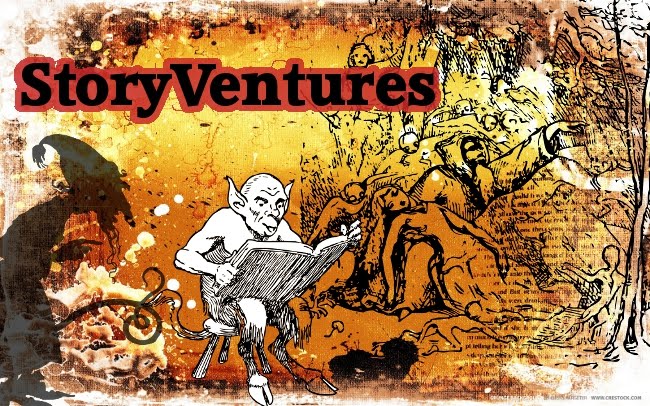Chinua Achebe was a great writer and perhaps most famously known for his work Things Fall Apart. As a student, I actually read the assigned material (as opposed to my Sparknoting colleagues) and this piece, an intimate examination of colonial powers and their influence on traditional African culture, will always be one of those works of literature that I carry with me.
The literary world recently lost this great writer at the age of 82 and, in memoriam of his passing, I think we should all remember what great works of literature have the power to do: tell people's stories that otherwise might not be told or heard.
In a 1994 interview with The Paris Review, Achebe contemplates the importance of telling all sides--every side--of the story:
"There is that great proverb — that until the lions have their own historians, the history of the hunt will always glorify the hunter. That did not come to me until much later. Once I realized that, I had to be a writer. I had to be that historian. It’s not one man’s job. It’s not one person’s job. But it is something we have to do, so that the story of the hunt will also reflect the agony, the travail — the bravery, even, of the lions."
























